-
Little House in the Big Woods - Comprehension Guide $26.50 QTY: 1Quantity
-0%
Exploring Creation with Chemistry and Physics – Textbook and Notebooking Journal
$117.28
Available in stock
Description
Exploring Creation with Chemistry and Physics is a homeschool science course for elementary grades K-6 and part of our Young Explorer Series authored by Jeannie Fulbright. For over 11 years in a row, The Young Explorer Series has been voted the #1 homeschool science for elementary grades.
Introduce your children to the fascinating world of chemistry and physics! The activities and projects in this course are sure to delight and inspire your young minds. They’ll begin by exploring the basic building blocks of creation, atoms and molecules, and then journey through simple chemicals, the laws of motion, and energy in its many forms, before discovering concepts of electricity and magnetism. Along the way, your students will make a bouncy ball, formulate a smoke bomb, build a solar oven, construct a working periscope, fashion a miniature motor, and create a lava lamp! All the while, God will be glorified as the Master Designer of all that they’re discovering about the world and how it works.
This exciting course will give your students a love for learning and confidence in science that will carry them through the school years and beyond. It is an engaging way to teach your young students just how God made everything in the universe. Jeannie Fulbright presents a scientifically sound and God-honoring study that covers atoms, molecules, simple chemicals, laws of motion, electricity, magnetism, and simple machines.
This title is part of the Young Explorer Series, authored by Jeannie Fulbright. Click to view a sample of this course, including the textbook, Table of Contents, Lab Supply List, sample pages from the corresponding notebook(s), and audio.
What Does Chemistry and Physics Cover?
There are 14 lessons included in this one-year chemistry and physics course. A detailed daily lesson plan is included in the Notebooking Journals.
Lesson topics include:
- Matter and the properties of matter, including density, mass, volume, luster, hardness, smell, and more
- Solids
- Liquids
- Gases
- Atoms
- Electrons
- Periodic Table of Elements
- Compound Chemistry: crystals, plastic
- Acids and Bases
- Chemical Reactions
- Heterogeneous and Homogeneous Mixtures
- Motion and Newton’s Three Laws of Motion
- Friction, Gravity, Acceleration, and Force
- Types and Forms of Energy: Kinetic, Potential, Chemical, Nuclear, Wind, Solar, Hydrogen, Geothermal, and more
- Sound Energy
- Light – Sources and Properties
- Thermal Energy
- Electricity: Electrons, Static Electricity
- Types of Circuits,
- Magnetism
What Do I Need to Use This Homeschool Chemistry and Physics Course?
To complete this Chemistry and Physics course, we recommend the hard-cover textbook and spiral Notebooking Journal (grades 4-6) or the Junior Notebooking Journal for early elementary ages or children with limited writing skills.
This Chemistry and Physics course for elementary grades is packed with a variety of hands-on activities, experiments, and projects. These can be completed with household materials. Click to view a sample of this course, including the textbook, Table of Contents, Lab Supply List, sample pages from the corresponding notebook(s), and audio.
What Are Some of the Activities in This Chemistry and Physics Course?
The activities and projects use easy-to-find household items and truly make the lessons come alive!
A sampling of the course projects include:
- Making a lava lamp
- Creating a Periodic Table of Elements out of cookies
- Growing crystals
- Filtering Water
- Creating a soundproof box
- Testing paper airplane designs
- Making a periscope
- Building a flashlight
- Building a solar oven
- And much more!
What is the Daily Schedule for Chemistry and Physics?
We have provided a detailed daily schedule for Exploring Creation with Chemistry and Physics in the front of each Notebooking Journal and Junior Notebooking Journal. This schedule outlines what to read and what activities to complete, as it fits your family’s needs.
We recommend that you spend the entire school year covering this book, devoting approximately two sessions per week to the course.
A perfect complement to Exploring Creation with Chemistry and Physics, the Chemistry and Physics Notebooking Journal provides everything your student needs to complete his study of chemistry and physics. Not only does it include all the helpful and creative features of our other Notebooking Journals in the Young Explorer Series, but it also many additional activities, projects, and experiments that can be completed in one day or less.
This Notebooking Journal will serve as your child’s notebook, providing a place for him to complete every assignment in the text. He will illustrate and record fascinating facts and information learned during each lesson, complete the notebooking assignments on specially designed templates, record experiments, activities and projects, complete vocabulary crossword puzzles, put together beautifully designed miniature books, and more!
A detailed daily schedule is included in each of our Notebooking Journals and Junior Notebooking Journals and makes planning a breeze! This schedule lists the pages to read in the textbook and the pages to complete in the journal. You may view a sample by clicking here.
The Benefits of Using the Notebooking Journal
Keeping a scientific notebook has always been standard scientific practice. Apologia’s Notebooking Journals have been designed to:
- Facilitate retention and provide documentation of your student’s education. The unique personal written and artistic expressions incorporate both sides of the brain
- Be flexible and allows for multilevel learning. A twelve-year-old student may write an essay and make an elaborate illustration, while a six-year-old may write one sentence with a stick-figure drawing
- Help students record experiences, observations, and thoughts
- Engage students in the scientific process
- Provide a written history that students can reference as they explore new subject areas
- Give your student a place where they can record and organize experiences and observations
- Provides a place to review their notes to create opinions, and draw conclusions about the way their world works
What’s the Difference between the Notebooking Journal and Junior Notebooking Journal?
The Junior Notebooking Journals are designed for younger students who are still developing basic writing skills. These journals have easier crossword puzzles and activities, easier crossword puzzles and activities, and wider writing lines.
The Notebooking Journal and Junior Notebooking Journal are designed to work together to help accommodate teaching multiple ages in your homeschool.
What Is Included in the Exploring Creation with Chemistry and Physics Notebooking Journal?
In this Notebooking Journal, you will find:
- A Suggested Schedule for completing the readings, notebooking assignments, activities, and experiments utilizing a two-day per week plan
- Fascinating Facts templates for your student to record what he or she learned in each lesson, using both words and illustrations
- Creative templates for completing the notebooking assignments
- Review Questions for each lesson, which can be answered orally or in writing as a written narration
- Scripture Copywork, including both print and cursive practice, which is a valuable method for not only practicing handwriting but also memorizing Scripture and teaching spelling, grammar and writing
- Project Pages and Scientific Speculation Sheets for your student to use to keep records of experiments, projects, and activities completed throughout the course
- A selection of book and DVD suggestions to complement your student’s studies, as well as projects and experiments to help your student Dig In Deeper
- Beautiful, full-color, lapbook-style Miniature Books for your student to create, encouraging him or her to record facts and information learned in each lesson
- Field Trip Sheets your student can use to keep a record of field trips or outings enjoyed during his or her studies
- A Final Review with fifty questions to be answered either orally or in writing to show off all your student remembers and knows about Chemistry and Physics
Your child will treasure his Notebooking Journal as he makes it his very own with words and illustrations, reflecting all he has learned in his pursuit of science. Additionally, the journal will serve as your record of your student’s scientific endeavors throughout the year. When your child flips through his notebook, he will be reminded of the knowledge he has attained as he peruses the pages he has created. A variety of activities include full-color mini-books, additional fun experiments, crosswords, and supplementary materials.
Additional information
| ISBN 13 | 978-1-935495-98-7 |
|---|---|
| Published Date | 2013 |
| Author | Jeannie K. Fulbright |
| Publisher | Apologia Educational Ministries |
| Format | Hardcover |
| Grade | |
| Subject |
Exploring Creation with Chemistry and Physics - Textbook: Young Explorer Series
| Weight | 1.100 kg |
|---|---|
| Dimensions | 11.25 × 8.75 × 1 in |
| ISBN 13 | 978-1-935495-98-7 |
| Published Date | 2013 |
| Author | Jeannie K. Fulbright |
| Publisher | Apologia Educational Ministries |
| Format | Hardcover |
| Grade | |
| Subject |
Exploring Creation with Chemistry and Physics - Notebooking Journal
| Weight | .6 kg |
|---|---|
| Dimensions | 11.25 × 8.75 × .6 in |
| ISBN 13 | 978-1-940110-05-9 |
| Author | Fulbright, Jeannie |
| Publisher | Apologia Educational Ministries |
| Format | Coil bound |
| Grade | |
| Subject |

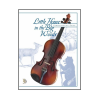

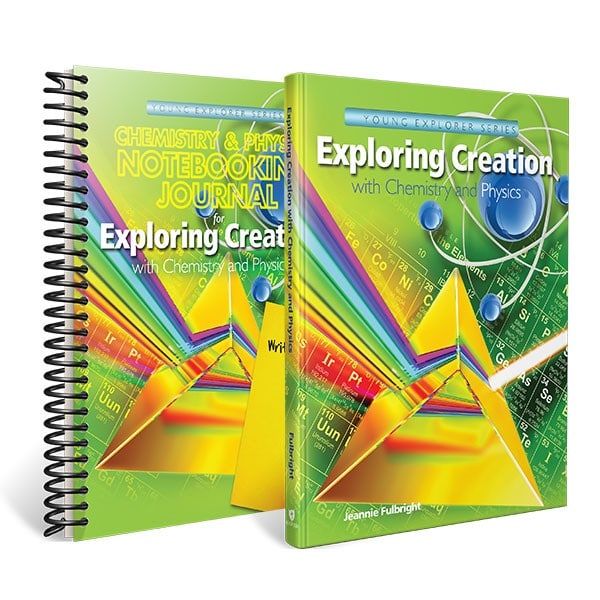

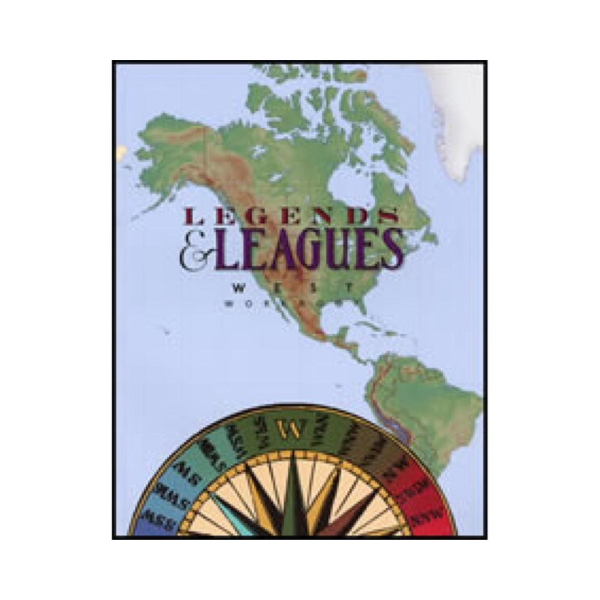


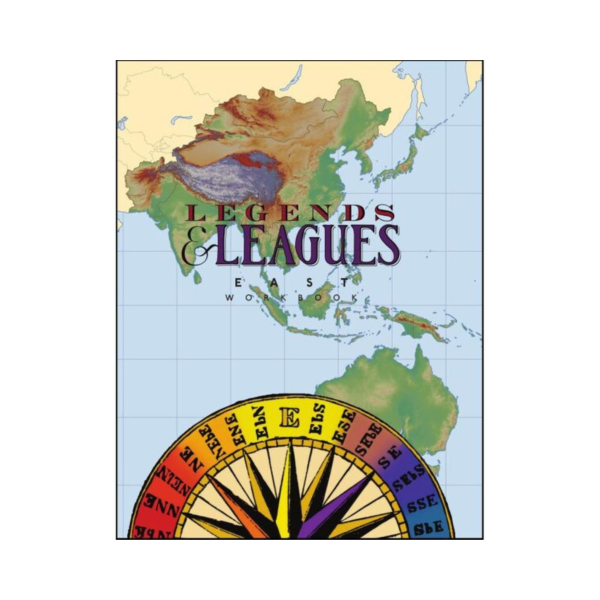

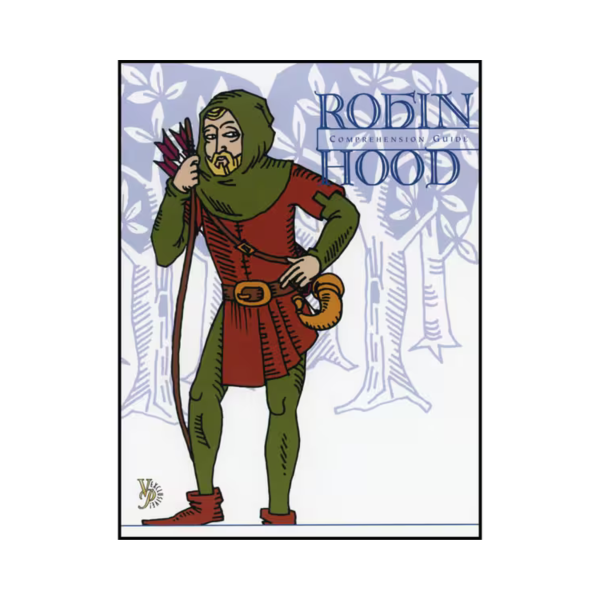
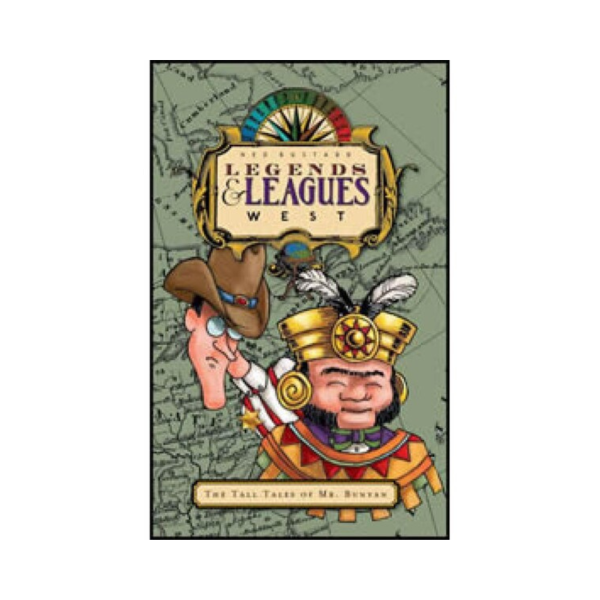
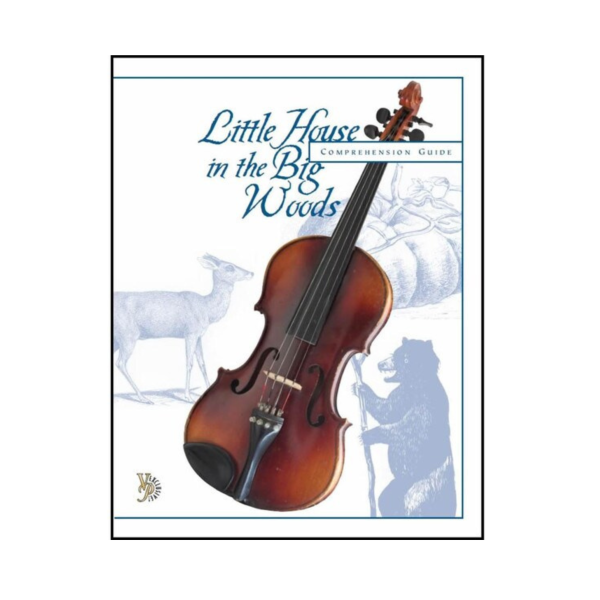
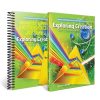
Reviews
There are no reviews yet